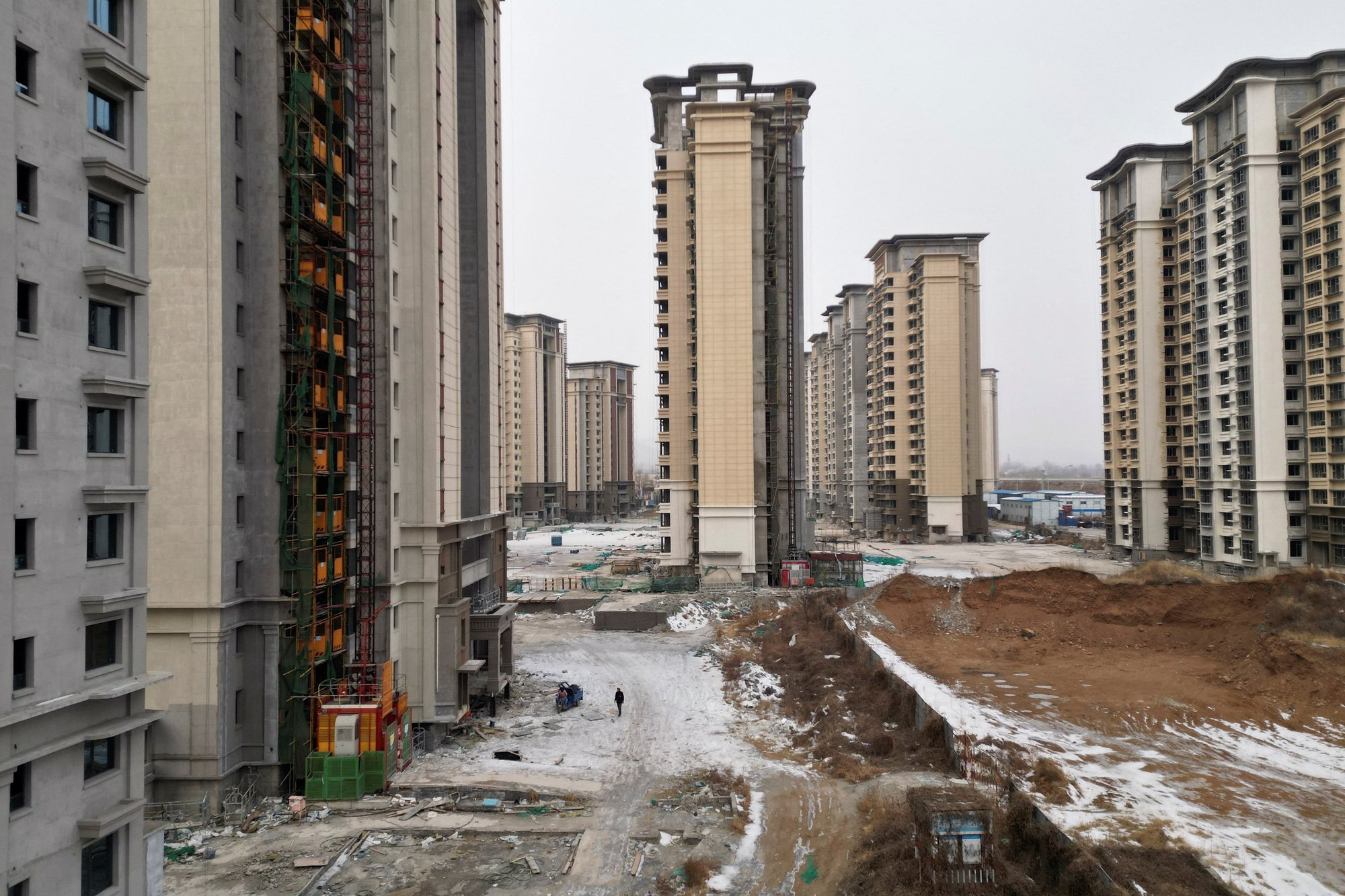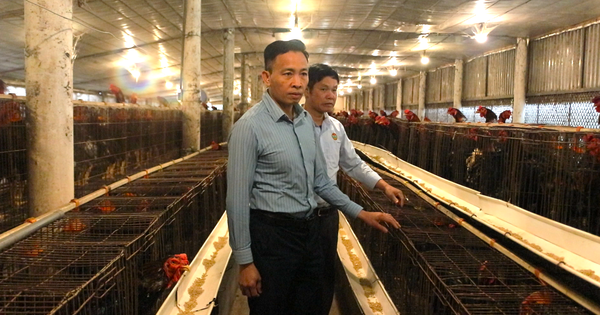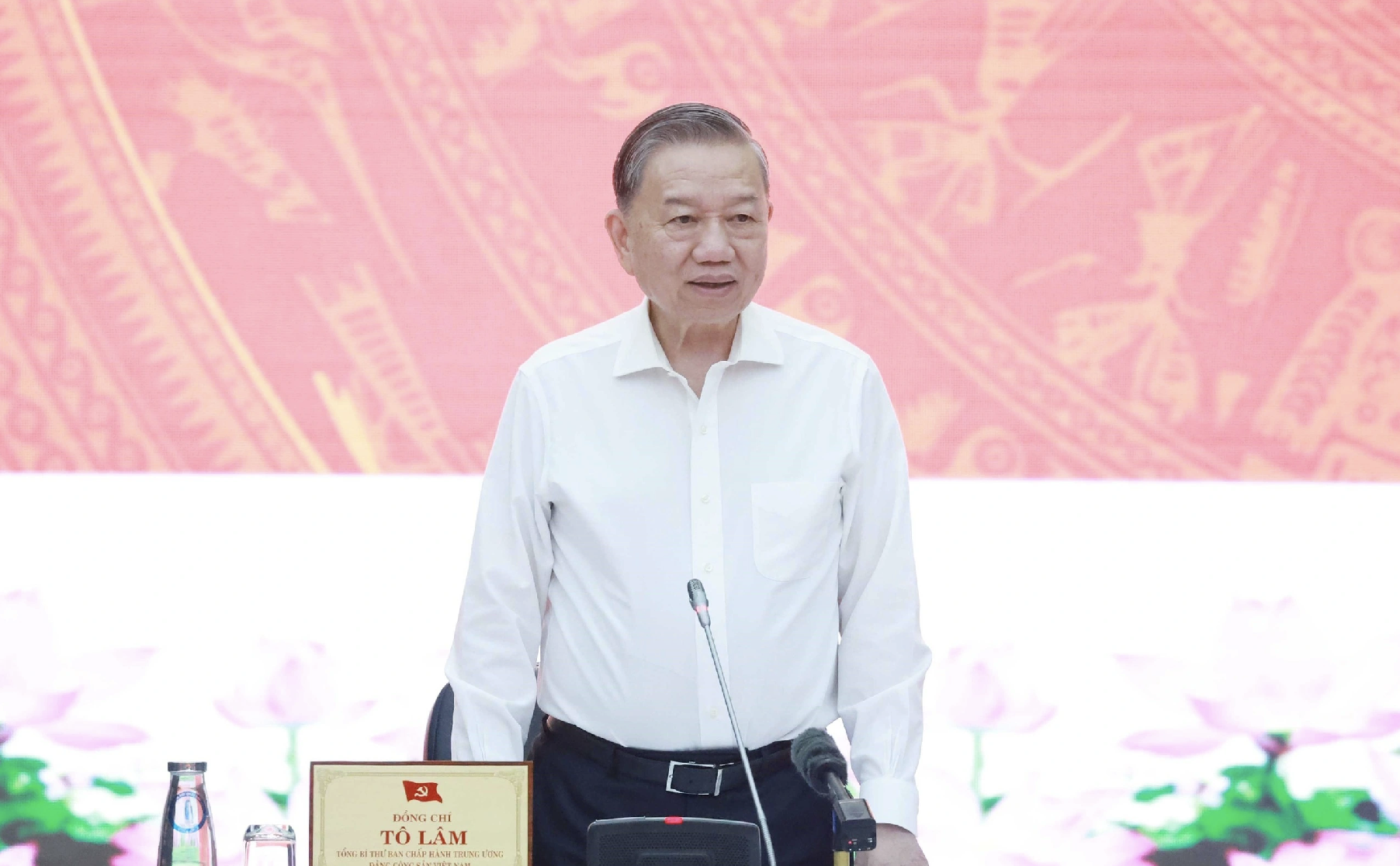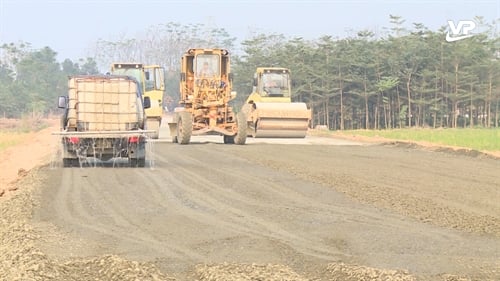China's property market shows signs of stabilizing, but recovery prospects remain uncertain due to weak buyer confidence and pressure from excess supply.

Many prestigious organizations warn that the stability signal of China's real estate market is unclear and requires long-term observation - Photo: REUTERS
On February 19, the National Bureau of Statistics of China released data showing that the rate of decline in real estate prices in China has tended to stabilize and slow down.
Specifically, new home prices in January 2025 decreased by 5.43% compared to the same period last year, lower than the 5.73% decrease in December 2024. Old home prices decreased by 7.8%, compared to the 8.11% decrease in the previous month.
Home prices in first-tier cities such as Shanghai and Shenzhen recorded a slight increase of 0.1%, while new home prices in some second-tier cities such as Nanjing, Hangzhou, Chengdu and Wuhan also recorded a 0.1% increase for the first time since June 2023.
Stable but still unstable
Citigroup financial group analyst Tran Tuan Vi commented that since February 2025, pessimism about the Chinese real estate market has decreased.
The reason is that the period around Lunar New Year is usually a quiet period for the real estate market in China, but the higher-than-expected home sales and the significant increase in viewings are considered "early signs" of stability in the market, although it will take more time to determine whether this is a long-term trend.
Although the decline has narrowed, according to some experts, China's real estate market is still facing great pressure from excess supply and declining confidence from buyers.
Since the second half of 2024, in order to control the real estate crisis that has lasted for the past three years and strengthen support for this market, the Chinese government has adopted many new policies and measures.
For home prices to truly bottom out and stabilize, China's property market needs a stronger recovery in sales, rather than relying solely on government support measures, Fitch Ratings warned.
Credit rating agency Moody's also said that the long-term recovery prospects of China's real estate market remain unclear.
Whether home sales can grow steadily will depend on people's incomes, confidence in home prices and low inventory levels, reflecting the market's ability to control supply.
Will the Chinese government continue to expand support?
Faced with a prolonged real estate downturn, the Chinese government has continuously implemented many measures to control the crisis and support the market.
One of the most notable recent moves has been the unprecedented support from the Chinese government to real estate developer Vanke.
Accordingly, the Chinese government is said to have prepared a plan to help Vanke deal with a financial shortfall of 50 billion yuan (about 7 billion USD) in 2025.
This is a sign that the Chinese government may expand support for large real estate companies to prevent the risk of a chain collapse in the industry and at the same time save buyers' confidence in the market.
Besides solving the real estate crisis, China also hopes that the stability of the housing market will help minimize the impact of trade measures that may be applied by the US in the coming time.
With China's economy under pressure from many sides, the recovery of the real estate industry is considered an important factor in maintaining growth, but it is still necessary to closely monitor market developments to assess the sustainability of this trend.
Source: https://tuoitre.vn/bat-dong-san-trung-quoc-co-dau-hieu-on-dinh-nhung-trien-vong-van-bap-benh-2025022017073118.htm



![[Photo] Prime Minister Pham Minh Chinh chairs meeting to remove difficulties for projects](https://vstatic.vietnam.vn/vietnam/resource/IMAGE/2025/3/30/7d354a396d4e4699adc2ccc0d44fbd4f)
![[Photo] Ministry of Defense sees off relief forces to the airport to Myanmar for mission](https://vstatic.vietnam.vn/vietnam/resource/IMAGE/2025/3/30/245629fab9d644fd909ecd67f1749123)























































































![[REVIEW OCOP] An Lanh Huong Vet Yen Cat](https://vstatic.vietnam.vn/vietnam/resource/IMAGE/2025/3/27/c25032328e9a47be9991d5be7c0cad8c)







Comment (0)